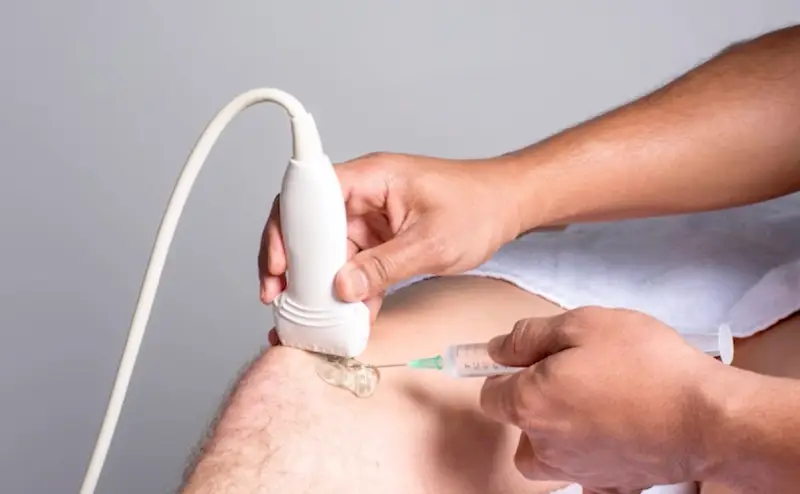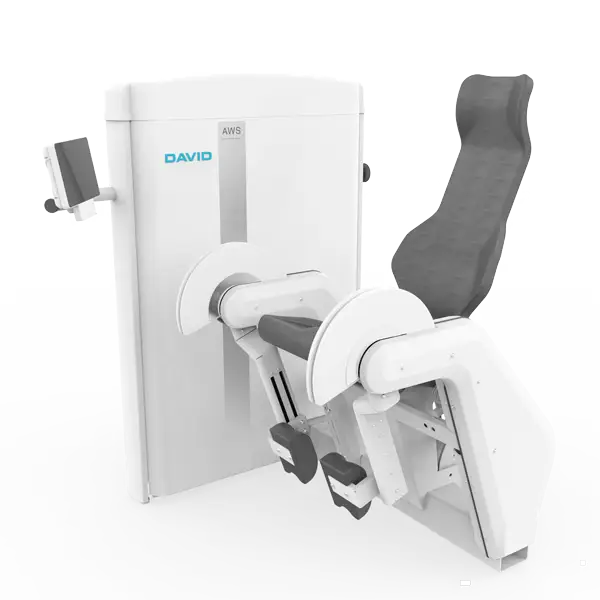According to published data, up to 20% of traumatology patients come to their appointments with improperly healed injuries. The reasons include failed diagnoses and treatments, and in a large percentage of cases, poor rehabilitation on the part of the patient. This often minimizes the severity of the injury and its consequences, despite the fact that traumatology is the specialty where second opinions are most frequently sought. Therefore, it is crucial to dedicate time to finding the best specialist, confirming their background, achievements, and ensuring that you are in the best hands from the start.
Before attending a traumatology consultation, the patient should have some questions and approaches clearly in mind to make the visit more productive.
How to Act in a Traumatology Consultation and What to Ask
The following guide will help both the patient and the doctor discuss the most important issues, making the most of the visit:
- Be clear about the reason for your consultation and explain it. It’s important to focus the clinical interview on a specific and more limited problem to work on. If you want to discuss different issues, it’s better to do so in subsequent consultations.
- Before the consultation, try to remember when the problem started and at what moment it began. The traumatology specialist will also ask how it started and how it has developed. Finally, specify if there are any circumstances that worsen or alleviate the current situation.
- Try to be clear and concise when providing information.
- Bring previous reports and tests related to the reason for the consultation, organized chronologically, so that your doctor can review them. It’s not necessary to bring all medical reports if they are not related to the reason for your consultation.
- Remember, or write down, the medications you are taking and the illnesses you have.
- During the consultation, the specialist may need to examine you. If so, wear comfortable clothing and accessories that are easy to put on and take off.
- During the visit, do not hesitate to express your doubts, fears, or concerns about your health issue. Everything can be important or have a solution that you may not have considered.
- When the consultation ends, review everything that was discussed. Make sure you clearly understand the explanations about your condition and the recommendations for treating it. If you have any doubts, ask. If something is unclear, ask the doctor for written information or brochures to review at home, with your family if necessary. The doctor may also provide a website where you can obtain more information.
- When you get home, it is very likely that you will have doubts about what the doctor said, or new questions may arise that you didn’t ask during the consultation. If so, write them down so you can clarify them at your next review.
How to Proceed Once at Home: The Importance of Following Recommendations
When you get home, it is essential to review the material given to you by the doctor. If you don’t remember something or don’t understand it, take note and call the doctor’s office to speak with the medical team’s assistant.
It is also very important to follow the doctor’s instructions: take all prescribed medications, follow the recommended diet, and perform all physical exercises. Remember, you are also part of the team taking care of your health.
What Questions to Ask if the Doctor Recommends Surgery?
If the specialist recommends undergoing surgery, it is important to consider the following questions and not hesitate to ask them during the consultation:
- Why do you recommend this procedure? Are there alternatives?
- What are the benefits of this surgery in terms of pain relief, function, and mobility?
- What risks might it involve?
- What is the name of the procedure, and how is it performed?
- How many times have you performed this operation, and what is its success rate?
- What could happen if I don’t undergo surgery now?
- If I want a second opinion, who can I consult?
- Will I need more tests before the surgery?
- What type of anesthesia will be used? Can it have side effects?
- Will I feel pain after the operation?
- What type of implant or prosthesis will I need? Can anything go wrong with those devices?
- How long will the postoperative period last? Will I need help at home? For how long?
- Will I suffer any disability after the operation? What type of rehabilitation will I need?
- When can I resume sexual activity?
- When can I work again? When can I drive again?
What to Consider if the Patient Decides to Undergo Surgery
If you decide to undergo surgery, you should confirm whether this type of surgery is covered by your insurance policy, and how payment will be processed and formalized.
When you go for the operation, the consultation will provide you with an informed consent form specific to the surgery to be performed, which you should read carefully and sign. If you have any doubts, as mentioned earlier, consult with your traumatologist again.






